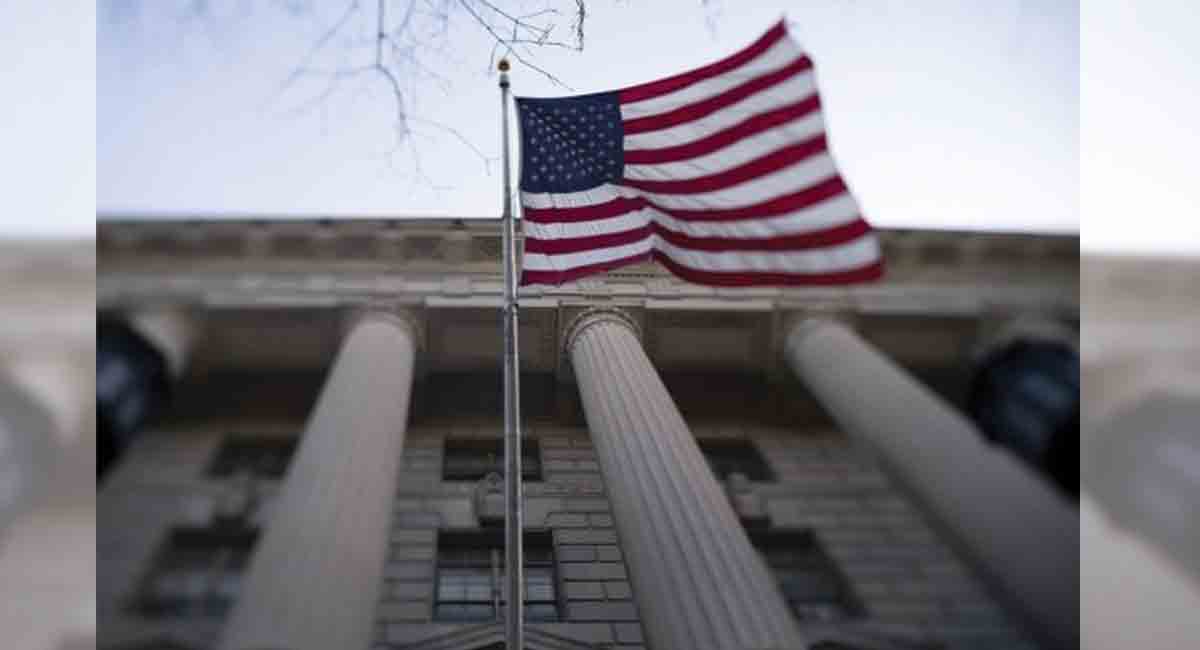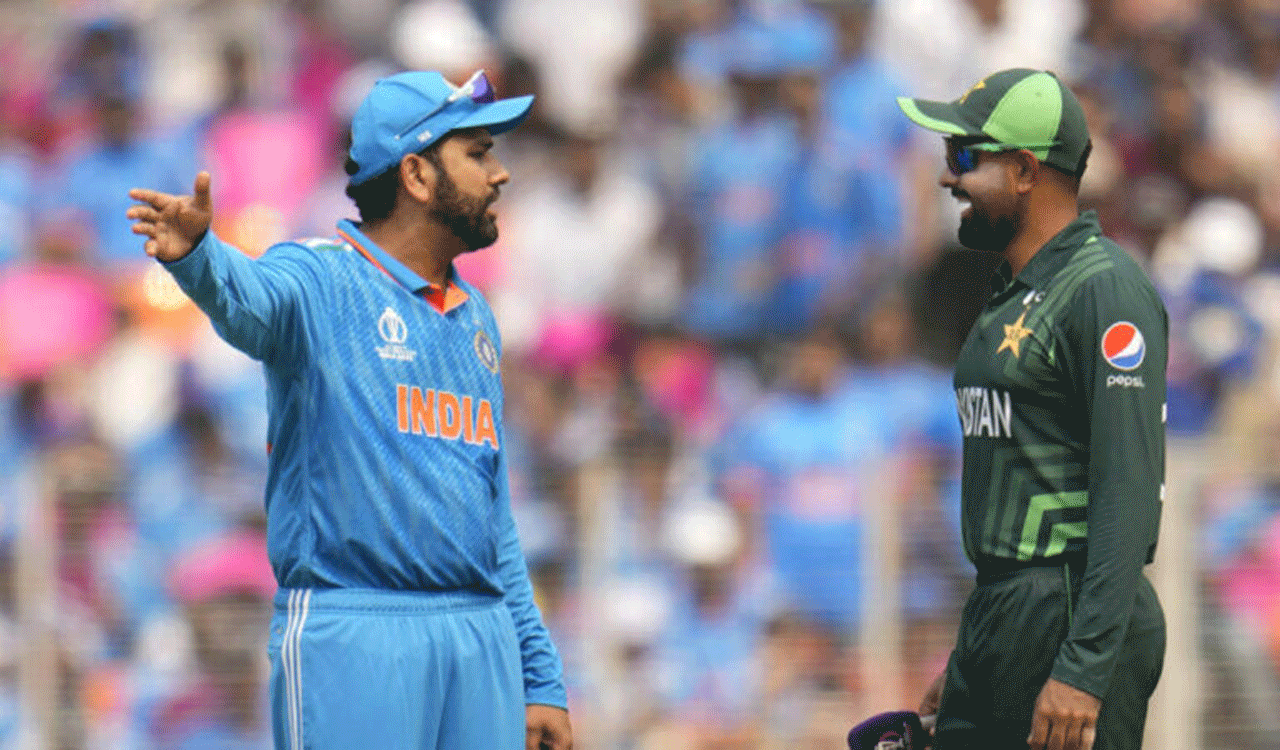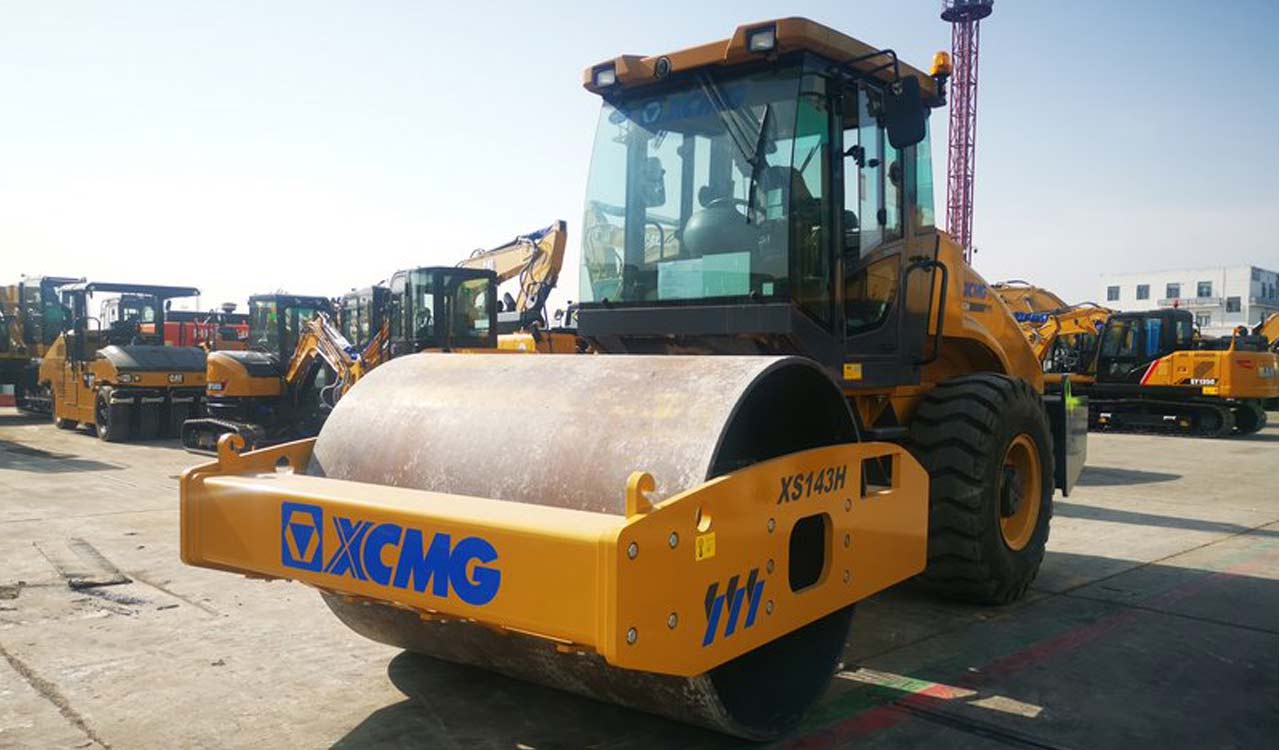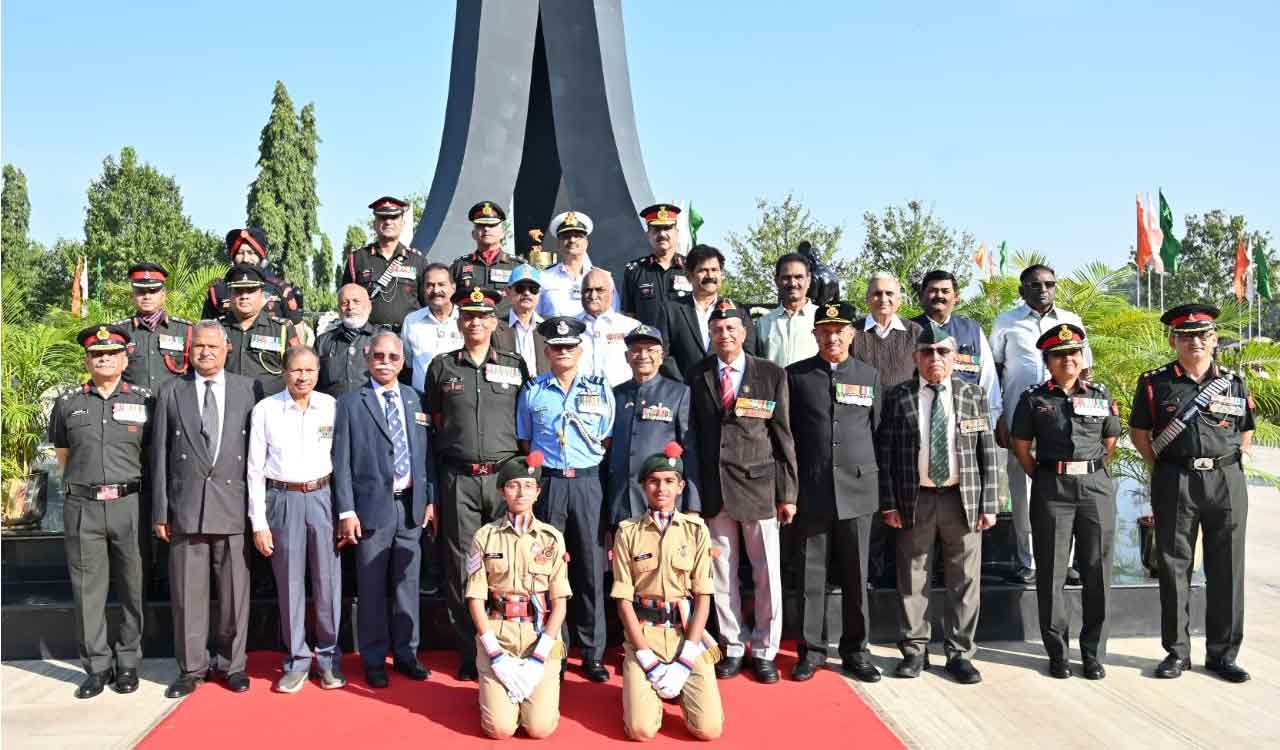Editorial: Turmoil in Pakistan
Imran Khan has added fuel to prevailing public discontent by giving a call to lay siege to the capital

Pakistan is once again in the grip of political turmoil. The ‘do or die’ protests by supporters of the incarcerated former Prime Minister Imran Khan and the brutal crackdown by the Shahbaz Sharif government have led to chaos on the streets of the capital Islamabad. The violent standoff could not have come at a more inopportune time for Pakistan which is already grappling with economic crisis, ethnic clashes and resurgence in terrorist attacks. The periodic bursts of protests since Imran’s arrest in May last year have reached a boiling point now with the cricketer-turned-politician giving a ‘final call’ from his prison cell to his supporters to storm the national capital and stay there ‘till the final over’. Thousands of activists of Pakistan Tehreek-e-Insaaf (PTI), led by his wife Bushra Bibi, marched into Islamabad and clashed with the security forces. The popular perception is that the general election, held in February this year, was rigged and the mandate stolen to favour the parties subservient to the army. The PTI workers have been demanding fresh elections and the release of their leader from the prison. Imran has been in jail since August 2023 after being convicted in nearly 150 cases. He was overthrown in a parliamentary no-confidence vote in April 2022 and has since led a popular campaign against the current government, accusing it of colluding with the army to remove him from office.
No civilian leader in the history of Pakistan has challenged the army, an all-powerful establishment that controls the country’s destiny, so openly and with so much vehemence as Imran has done, dubbing the military generals as ‘traitors and looters’. Ironic as it may seem, Imran came to power in 2018 with the tacit support of the military establishment. In fact, he was then called the puppet of the army. But, he soon fell out with the Rawalpindi bosses, the price for which was an ignominious exit from power. He became the first Prime Minister in Pakistan’s history to have been removed from office through a no-confidence vote. Since then, the PTI chief has been quite strident in his criticism of the army and the ISI. Both sides in the conflict — Imran Khan’s party and the Sharif government — have taken matters too far with their intransigent attitude. By giving a call to his supporters to lay siege to the capital, the former Prime Minister has added fuel to the prevailing public discontent while the authorities have mishandled the protests by unleashing oppressive measures. Unless the two sides agree to abide by a rules-based order, the space for public participation in the political process will continue to shrink until, eventually, all political parties lose their relevance for the people. The rapid deterioration of the situation may not offer easy exits for any of the players involved in the unsavoury political saga.
Related News
-
Pakistan’s ballistic missile programme emerging threat to US: White House
-
Champions Trophy 2025: India to take on Pak on this date, deets inside
-
Schoolgirls jump out of window mistaking sounds of road roller for earthquake!
-
Vijay Diwas 2024: Hyderabad commemorates India’s historic victory with heartfelt tributes
-
Haiti gang attack on journalists covering hospital reopening leaves 2 dead, several wounded
11 mins ago -
21 dead as Mozambique erupts in violence after election court ruling
29 mins ago -
Cartoon Today on December 25, 2024
8 hours ago -
Sandhya Theatre stampede case: Allu Arjun questioned for 3 hours by Chikkadpallly police
9 hours ago -
Telangana: TRSMA pitches for 15% school fee hike and Right to Fee Collection Act
9 hours ago -
Former Home Secretary Ajay Kumar Bhalla appointed Manipur Governor, Kerala Governor shifted to Bihar
9 hours ago -
Hyderabad: Organs of 74-year-old man donated as part of Jeevandan
9 hours ago -
Opinion: The China factor in India-Nepal relations
9 hours ago




